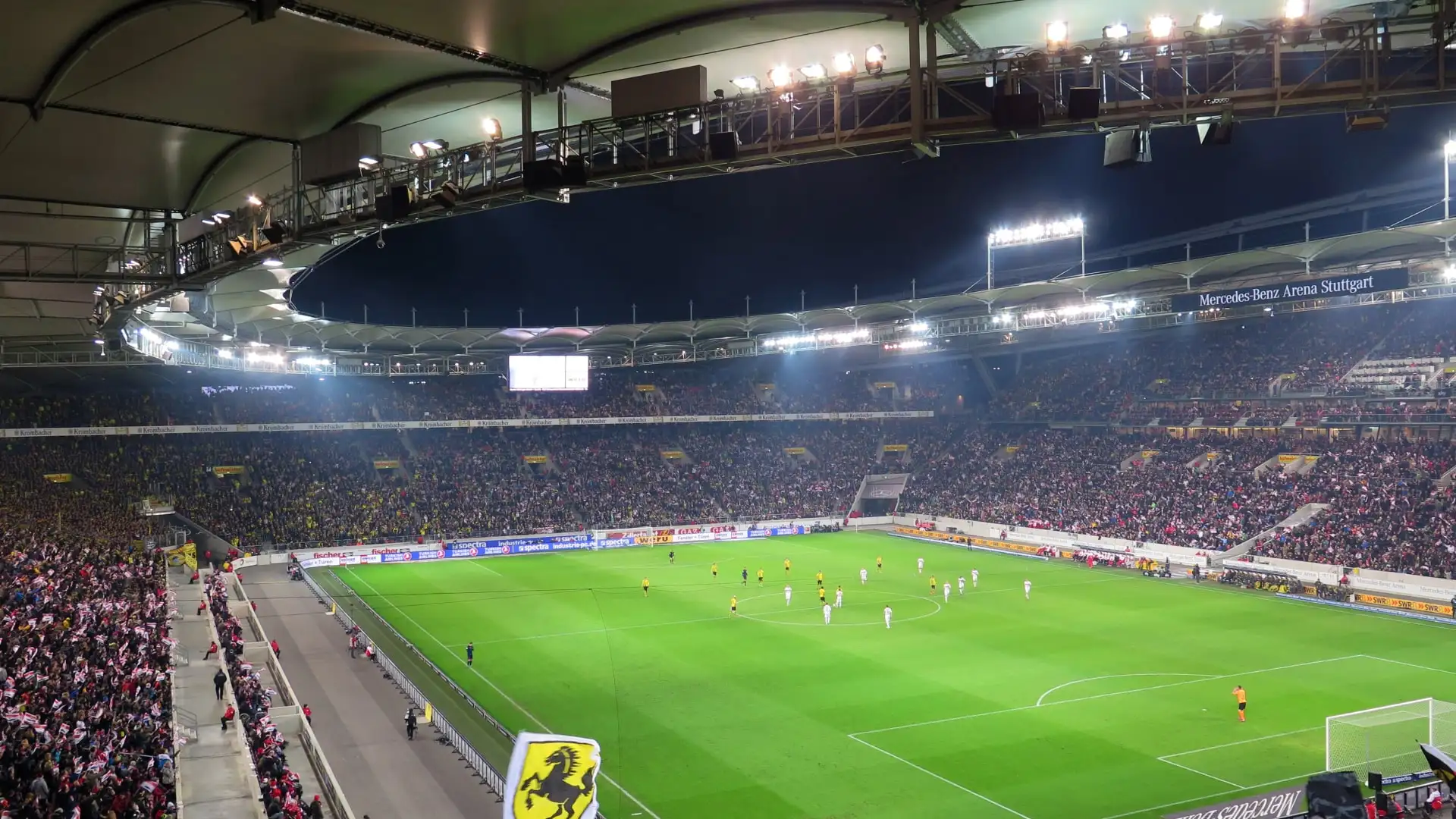
Philippines political crisis deepens as lawmakers impeach vice-president.
Philippines lawmakers impeach Vice-President Sara Duterte over alleged corruption and assassination threats against President Marcos. The move escalates their ongoing political feud. The Senate will now hold a trial, which could lead to her removal and a lifetime ban from public office. Duterte denies the charges, calling them politically motivated. The rivalry stems from their 2022 election alliance, which later fractured over policy differences, including foreign relations.
The impeachment of Philippine Vice-President Sara Duterte by the country’s House of Representatives, highlighting the political tensions between Duterte and President Ferdinand “Bongbong” Marcos Jr. Below is a deep breakdown of the article’s key points:
1. The Impeachment Vote and Its Implications
- The Philippines’ parliament voted to impeach Vice-President Sara Duterte, accusing her of:
- Corruption: Allegedly misusing millions of dollars in public funds.
- Threats against the President: Accused of plotting or making threats to assassinate President Marcos.
- Voting Outcome:
- 215 out of 306 lawmakers supported impeachment.
- The vote surpassed the required one-third threshold needed to pass an impeachment bill in the House of Representatives.
- Next Steps:
- The bill moves to the Senate, where 24 members will act as an impeachment court.
- If convicted, Duterte faces:
- Removal from office.
- A permanent ban from holding any public position in the future.
2. Political Background: Duterte vs. Marcos Feud
The impeachment is seen as an escalation of the ongoing power struggle between Vice-President Duterte and President Marcos.
- Past Alliance in the 2022 Elections:
- Duterte and Marcos once worked together in the 2022 presidential election.
- Duterte, initially a strong presidential candidate, stepped down to become Marcos’ running mate.
- Their partnership resulted in a landslide victory.
- Fallout After the Election:
- After assuming office, their alliance fell apart due to policy disagreements and power struggles.
- Major differences emerged in:
- Foreign policy:
- Marcos pivoted towards the US, moving away from China-friendly policies favored by Duterte’s father, former President Rodrigo Duterte.
- Domestic politics:
- Both pursued independent political ambitions, leading to conflicts over power.
- Foreign policy:
3. Duterte’s Response and Future Possibilities
- Duterte has denied all charges, claiming the impeachment is politically motivated.
- She believes she is being targeted by Marcos’ allies as part of a political vendetta.
- Her political future:
- She is expected to remain in office until the Senate trial concludes.
- If she is removed, it would be a historic first—no Philippine Vice-President has ever been impeached before.
- She remains a strong political figure and is seen as a potential presidential candidate in 2028.
4. What Happens Next?
- The Senate impeachment court will hear the case.
- No trial date has been announced yet.
- If convicted, Duterte will be removed from office and banned from future public service.
- If acquitted, she can continue her term until 2028.
Conclusion
This impeachment is not just a legal issue—it is deeply rooted in the power struggle between two Philippine political dynasties. Duterte and Marcos started as allies but later became rivals. The impeachment, while officially about corruption and threats, also reflects broader political maneuvering ahead of the 2028 elections. The outcome of this trial could reshape the country’s political landscape.
Philippines #Impeachment #SaraDuterte #BongbongMarcos #PoliticalFeud #Corruption #PhilippinePolitics #SenateTrial #BreakingNews #Election2028


















